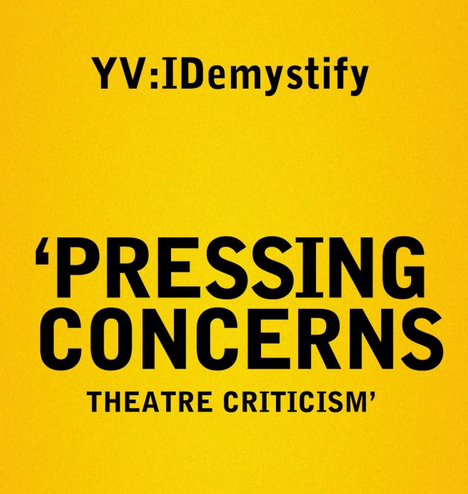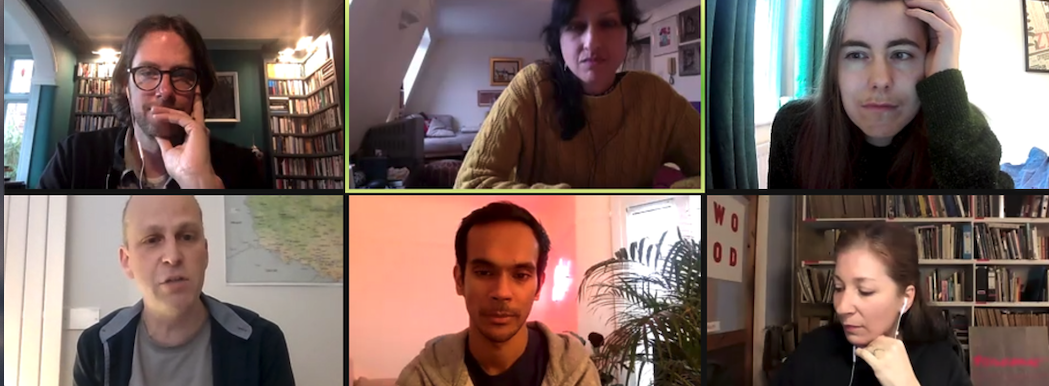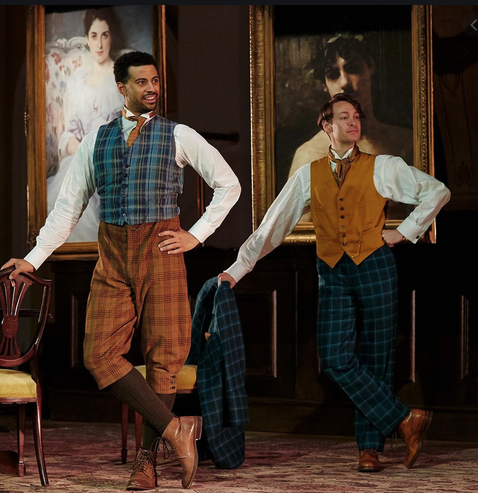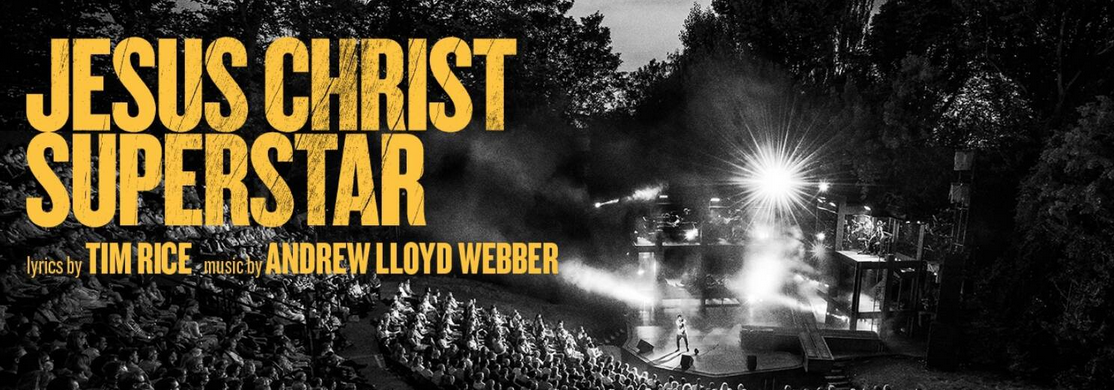Last Wednesday the Young Vic held an online seminar entitled Demystify: Pressing Concerns: Theatre Criticism, an attempt to bring theatre makers and critics together to discuss the impact of the pandemic on the work each has been (trying to keep) doing even as theatres have been shut for most of the last year.

Critics of course exist in an entirely dependent relationship upon artists: without work to write about, we don’t have a job. But artists can get along quite nicely without critics — in fact we’re sometimes an inconvenience, truth-tellers about a truth they’d rather not have to hear or face.

Panel for Demystifying Critics: top left to right: Teunkie van der Sluijs (Young Vic creative associate), Arifa Akbar (Guardian), Natasha Tripney (The Stage) bottom left to right: Dominic Cavendish (Daily Telegraph), Suba Das (High Tide artistic director), Anna Fleischle (set designer)
Suba Das, now artistic director of High Tide new writing festival and before that an associate at Leicester’s Curve, was quite clear when asked if theatre makers were missing critics: No, he replied; “for me, I was missing audiences.” He admitted to getting “absolutely terrible, terrible reviews” for a production of The Importance of Being Earnest at Bolton’s Octagon last year [pictured below], but he also told of how it made absolutely no difference to his career or the success of the production.

“This has no bearing in a way on my career, which was a kind of weird watershed moment that must mean that I’ve got an established track record now, and trust and confidence in relationships with venues. And it had no bearing on sales.”
The same was true during his time at Leicester, he said. “I spent seven years of my career at a regional theatre. And what was fascinating was that national mainstream press reviews have next to no bearing on sales. What generated audience appetite and response in Leicester was much more around word of mouth, the relevance of the story and theme and and all these sorts of things. And that led to a really interesting question for me often which is: so, who is this review for, if it’s not directly impactful on the audiences within our community that we’re principally making this work for?”
And then there’s the practical matter of exactly when critics attend. Of course it’s not for critics to know the details of the circumstances in which the work was made, or at what point it is presented to them for review: we are dependent on an invitation arriving from the management, over which we have no control; and we have to take it on trust that the production team have deemed it ready to be assessed critically.
But this is not always the case, said Das: “My reputation can shoulder a bad review, but I’ve put shows on in utterly horrifying conditions, with producers inviting reviewers and critics to opening nights, I’ve never been able to call that, but then the buck will stop with me artistically.” He spoke of another show that he was involved in at the Royal Opera House, where he says, “I had the entire company in a room for three hours before the first performance. And hey, I got great reviews, and I was nominated for awards, I nearly killed myself putting that on. So often in this sector, the cracks in the system are papered over by artists working further and harder than is reasonable or justifiable, and we’re all complicit in that.”
A critic of course can only ever speak for themselves: yes, there may have been a process by which they were appointed to the task that once led to a generic kind of ‘dead white male’ school of criticism (as Nick Hytner once pejoratively labelled a generation of critics who were predominantly white, male and older; though in fact this was an unsupported generalisation even at the time, when roughly half of all national critics at the time were actually female). But there have been incremental changes, as first Benedict Nightingale and then Michael Billington retired from their lead critic roles at The Times and The Guardian respectively.
And as Arifa Akbar, who succeeded Billington, said on the panel: “I don’t for a minute doubt that we’re not all picked very carefully. I know I was, and I know that the editor-in-chief of The Guardian took a risk in replacing the irreplaceable Michael Billington with someone who looks like me. So choices are being made on a high level, I think. Wouldn’t it be great to have as a wider pool of critics high up as possible because we don’t leave who we are at the door?”
But given the limited number of jobs actually available out there, its hard to achieve a wider pool of critics, at least in the national media — essentially, there are now only around a dozen daily and Sunday papers that still have theatre critics (The Times, Guardian, Telegraph, Financial Times, Daily Mail and Daily Express), with a separate Sunday critic on all but the Telegraph and Express, with the FT not publishing on Sundays; plus the London Standard and Metro free sheets, Time Out and The Independent (the latter of which is online only, and Time Out which is essentially so).
Achieving a broader church of critics within that framework, suggested Dominic Cavendish, chief critic of the Telegraph, is a tall order: “There isn’t really a way of doing a great melting pot that does justice to our population and the work on stage without some intervention, but I don’t know quite how you achieve that.”
Of course, it’s a mistake to see that slice of national or London-based mass media as the whole picture; nowadays there’s a whole raft of independent critics (myself included), who self-publish on our own websites or broadcast via our own podcasts, or write for specialist outlets like The Stage, WhatsOnStage or Exeunt, to broaden the conversation, even if there’s minimal money to be made doing so and is certainly insufficient to offer anyone a sustainable career in its own right.
Natasha Tripney, as The Stage’s reviews editor, is the sole person to have a salaried position as a critic there; and she oversees a team of freelance critics (which once included me) who cover more theatre critically across the UK than probably any other publication right now. As such, it is something of a standard bearer for the survival of criticism, if not individual critics: on the panel, she spoke of how “arts journalism and arts criticism is an access tool [that] allows a readership of print media or online to to engage with work that they may never see might have the means to see, geographically or financially.”
But even with The Stage there are built-in limitations — most of the reviews are commissioned at just 250 words. Whereas Tripney also pointed out online publications (like Exeunt, which she co-founded) “the space is available and that’s exciting and that gives you plenty of room for nuance and discussion.” But she admitted the need to find a way “to make online criticism sustainable and I don’t think we’ve found like the ideal solutions to that.”

Ultimately, it all comes back to money. And last summer, when the Open Air Theatre, Regent’s Park invited critics to see their revival of Jesus Christ Superstar but insisted that they buy their own tickets to do so — at £65 each — I had one former actor challenge me on Twitter that perhaps I should simply put my reviewing fee towards buying a ticket, as an expenses of doing the job.
When I replied that for many critics that would put them in negative equity, since the fees (certainly for The Stage) do not stretch to £65 a review, he replied, “I’ve never done it, so how would I know?”
But he was perfectly ready, without knowledge, to offer his helpful suggestion in the first place. It’s just the sort of ignorance that’s pervasive around critics. To add insult to injury, the Open Air subsequently ran online ads, quoting the very reviews that had been written by critics who had paid for their tickets!
It’s that sort of casual disregard for critics (by my twitter challenger and the venue alike) that’s been undermining the conditions in which they are being expected to champion and defend theatre, while their own very existence and sustainability is being challenged.
The Young Vic seminar only scratched the surfaces of some of these issues, and though it was essentially civil in tone, Suba Das again spoke to a bigger provocation: “There are some extraordinary artists who have got great reviews and gone on to lead major London organisations that have left decimated audiences in their wake in the regional theatres that they were ostensibly there to serve.”
So critics are not only unnecessary, in this reckoning, they do active harm by favouring some directors whose work seems to destroy the local audience. I think I’ve got the message.
